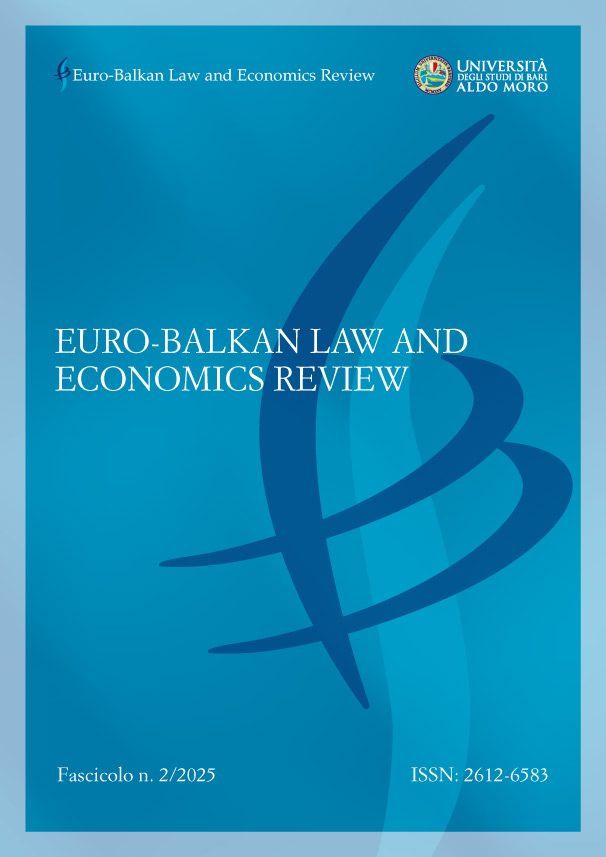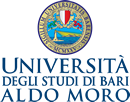Exploring Brain Drain and Empowering Brain Gain Net-works
DOI:
https://doi.org/10.15162/2612-6583/2315Keywords:
Brain Drain, Brain Gain, Migrazione di professionisti altamente qualificati, Impatto socio-economico, Reti professionali di Brain Gain, Albania, Highly Skilled Migration, Socio-Economic Impact, Brain Gain NetworksAbstract
This paper explores the phenomenon of brain drain in Albania, focusing on the migration patterns of highly skilled professionals and the socio-economic implications for the country. Brain drain, characterized by the emigration of intellectuals, researchers, and skilled workers to developed nations, has been a significant issue for Albania since the 1990s. The study examines both the nationalist and internationalist perspectives on brain drain, highlighting its impact on Albania’s development and the global labor market. Using qualitative analysis of secondary data from the INSTAT 2025 and CENSUS 2023, the paper identifies key migration trends, including the departure of medical professionals, academics, and researchers to the Western Europe and United States. The study also discusses the economic, social, and health factors driving brain drain, such as low wages, poor working conditions, political instability, and corruption. The findings reveal that while brain drain poses significant challenges to Albania’s scientific and educational sectors, it also offers potential opportunities for brain gain through diaspora networks and international collaborations. The paper concludes with recommendations for policy interventions to mitigate the negative effects of brain drain and harness the potential of skilled migrants for Albania’s development.






